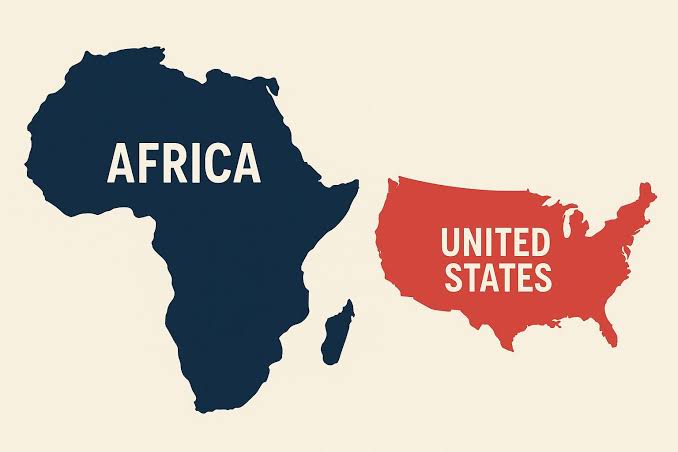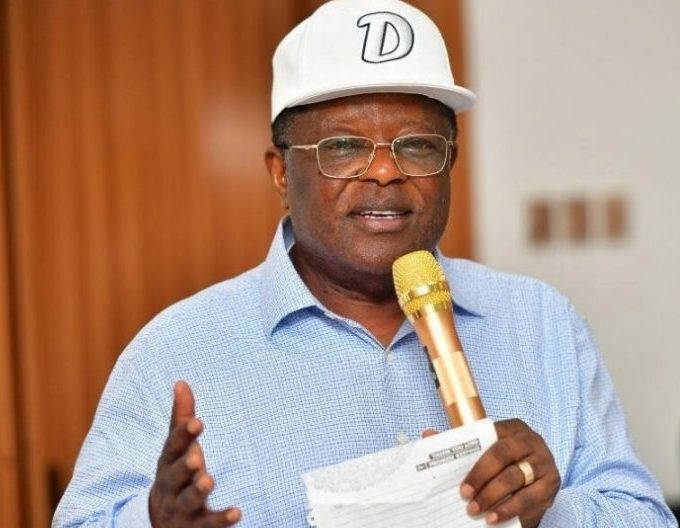
South African Tycoon Predicts Rebound for Nigeria Amid Corporate Departures

South African billionaire Christo Wiese revealed that Nigeria’s sizable and expanding population presents an irresistible opportunity for businesses despite the recent departures of corporate brands from the West African nation.
Wiese, former chairman of Shoprite Holdings Ltd., Africa’s largest grocer, which exited Nigeria in 2021, expressed confidence in a recent interview on Bloomberg TV that major players would eventually re-enter the market.
He highlighted the challenges foreign investors face in Nigeria, stemming from its historical reliance on single-commodity economies and resultant economic volatility. He suggested that many investors, including South African investors, adopted a cautious approach, waiting for economic development and favourable government policies before committing.
The departure of global conglomerates like Procter & Gamble Co., GSK Plc, Bayer AG, and Sanofi SA underscored the difficulties of operating in Nigeria, including currency instability, infrastructure deficiencies, and bureaucratic hurdles. These challenges have also affected multinational corporations like Unilever Plc and Nestle SA.
A significant factor contributing to the exodus is the scarcity of dollars needed for repatriating earnings, exacerbated by currency devaluation, power shortages, and port congestion. Segun Ajayi-Kadir, director general of The Manufacturers Association of Nigeria, warned of potential further closures if the situation doesn’t improve.
Despite Nigeria’s abundant natural resources and population growth, policy failures, corruption, and over-reliance on oil have hindered economic progress. As anticipated, the inability to expand the middle class has also impacted consumer goods markets.
The consequences of corporate exits for Nigeria’s economy are substantial, including increased pressure on the naira and setbacks to diversification efforts. In 2022, the country experienced a net outflow of $187 million in investment, compared to nearly $9 billion in 2011, further straining economic stability.
Read more: Boston Declares Burna Boy Day as March 2
About The Author
Related Articles
Malian Prime Minister Presents 2025 Government Report, Pledges Stability and Reform
Mali’s Prime Minister, Major General Abdoulaye Maïga, has presented the government’s 2025...
ByWest Africa WeeklyMarch 2, 2026AES Ministers Conclude Roadmap Talks in Ouagadougou, Strengthen Security Coordination
Ministers of the Confederation of Sahel States have concluded high level discussions...
ByWest Africa WeeklyMarch 2, 2026Investigation Links Western Funding Networks and NGOs to African Conflict, Terror Financing, and Organised Crime
A transcontinental investigation has exposed an alleged web of Western-funded organisations and...
ByWest Africa WeeklyMarch 2, 2026Tinubu Approves Additional Endless Federal Road Projects While Old Projects Crawl at Snail’s Pace
President Bola Tinubu has approved a fresh round of federal road projects,...
ByWest Africa WeeklyMarch 2, 2026











